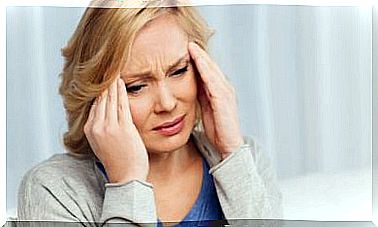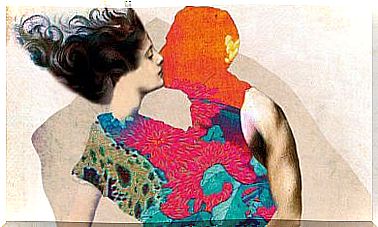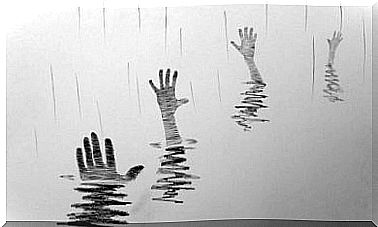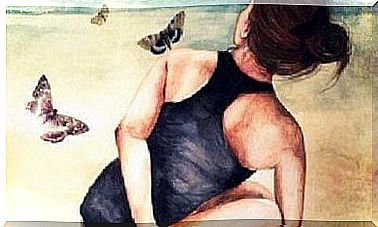Is The Way You Define Yourself Real?
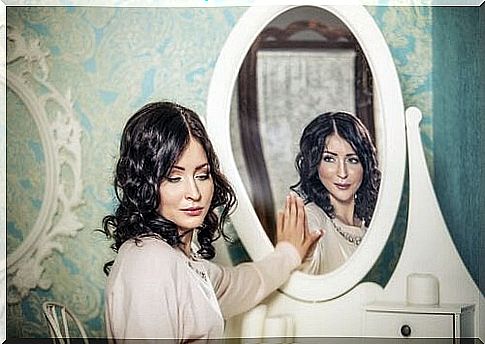
Do you think your friends or a family member would define you with the same words as you? Do you think that the way you define yourself is real and objective or, on the contrary, that it contains prejudices? It is easy to find out.
The experiment is simple: at the next meeting with friends or family, ask everyone to write down 3 of your main characteristics. Do they match what you think of yourself? Do you believe that the characteristics that you see or that others see in you are real?
This phenomenon occurs through bias. Bias, whether positive or negative, provide a version of what we define as somewhat unreal or idealized in the positive or distorted case and pessimistic in the negative case. So when we think we drive better than others, it is about positive bias. On the contrary, when we find other people’s physique to be more beautiful than ours, it is about negative bias.
What is important here is that how we define ourselves determines our state of mind and positions us in front of the world. According to recent studies, we tend to view reality with a positive bias and tailor information to what is already familiar to us or less distant from what we know. We also tend to judge our past performance better and find our failures more frequent.
Is the way you define yourself real?
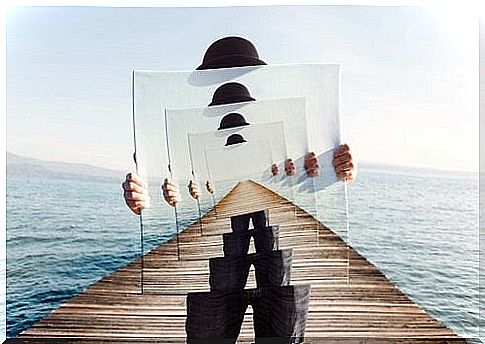
Types of bias
There are many biases when it comes to the perception of information. Among the most common are biases:
- Selective Attention: Occurs when we call attention to information with positive content. Both in our actions and in our definition of ourselves.
- Confirmation: in this case, we are devoting our efforts to confirming the hypothesis we already had and, therefore, only looking for what confirms our ideas or looks like the way we see ourselves.
- Self-satisfaction: we tend to see ourselves as the protagonists of our successes and only as passive spectators of our failures.
- Comparative optimism: People tend to think that we are more likely to experience positive things. And on the contrary, we think that negative things are less likely to happen to us.
- Invulnerability: We tend to believe that we are less likely to have something bad happening to us, that we have become immune, or that we are in control.
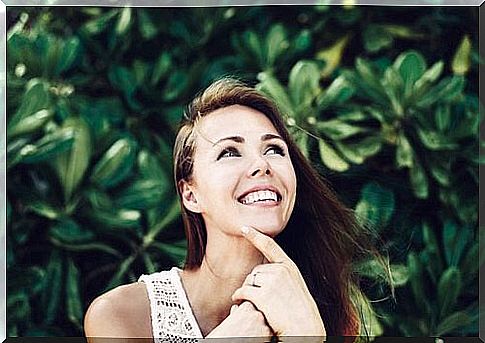
How does bias affect the way you define yourself?
How can you change what you don’t like about yourself? Continue to grow and develop if we are not able to see where our failures are? What about our successes? We believe that others are guilty of our misery or that we know ourselves perfectly just by spending the day with ourselves, but we are far from the reality.
If every time something went wrong we wondered what our real responsibility was rather than blaming ourselves, wouldn’t it be better? What can we improve or change?
The bias tend to give us a more positive view of ourselves. A distorted view that will favor us sometimes, and that will hurt us at other times. The important thing is to know how these biases work, to identify their influence and to manage it.
Knowing how biases work is essential to discovering their influence on how you define yourself.

